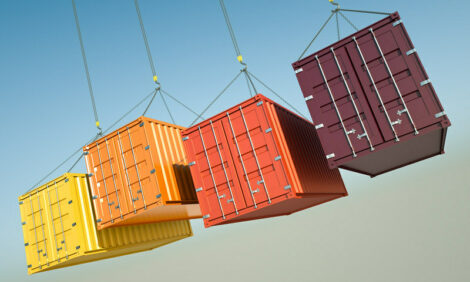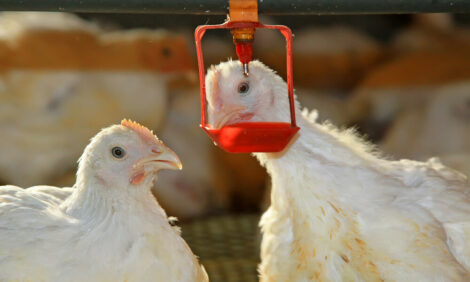



Brazil farmers could face fertiliser shortage due to Ukraine crisis
Fertiliser prices were climbing even before the conflictBrazilian agricultural exports may lose their competitive edge due to a scarcity of fertiliser and soaring prices for the key material if Russia's invasion of Ukraine triggers Western sanctions on Russian fertiliser exports, according to analysts.
Brazil relies on imports for about 85% of its fertiliser needs. Russia is its biggest supplier of the NPK mixture of nitrogen, phosphorus and potassium, reported Reuters.
Even before the Ukraine conflict, fertiliser prices were climbing due to global logistics issues, US sanctions on Belarus and China's absence from the market since October.
The Ukraine crisis means Brazilian growers of soybeans and other agricultural commodities are potentially in for a rough time.
"It is the perfect storm," said Jeferson Souza, an analyst with Agrinvest Commodities.
"Brazil has the most to lose among the world's largest producers of soy," he said, adding that competitors such as the United States and Argentina do not use as much potassium fertiliser as Brazil.
The situation raises doubts about whether Brazil can expand its area planted with soy for the 2022/2023 crop, as costs may become prohibitive, Souza said.
ANDA, an association representing fertiliser companies in Brazil, said in a statement it is early to assess the impact of international sanctions stemming from Russia's attack on Ukraine, adding it is still evaluating the effects on the fertiliser market and on the food supply chain as a whole.
ANDA acknowledged risks regarding the lack of inputs to produce fertilisers as the conflict develops, and said it will work to create alternatives to ensure supplies.
Brazil bought about 40 million tonnes of fertiliser products in 2021, a record high, with Russia accounting for some 9 million tonnes of imports, according to data compiled by Agrinvest.
There is a real possibility of Brazil having an immediate "potassium supply crisis," said Marcelo Mello, head of the fertiliser desk at StoneX, referring to the commodity that has farmers the most worried.
He said simultaneous sanctions on Russia and Belarus would leave farmers without enough of the fertiliser.
"The impact can be felt already, as the supply of fertilisers has been hampered by the low availability of maritime transport," said agribusiness lawyer Frederico Favacho.
Favacho noted that other areas of trade will also be affected by an escalation of the Ukraine conflict, as Russia is a big buyer of Brazilian meats.
Potential financial sanctions against Russia would hamper that trade too, he said.










